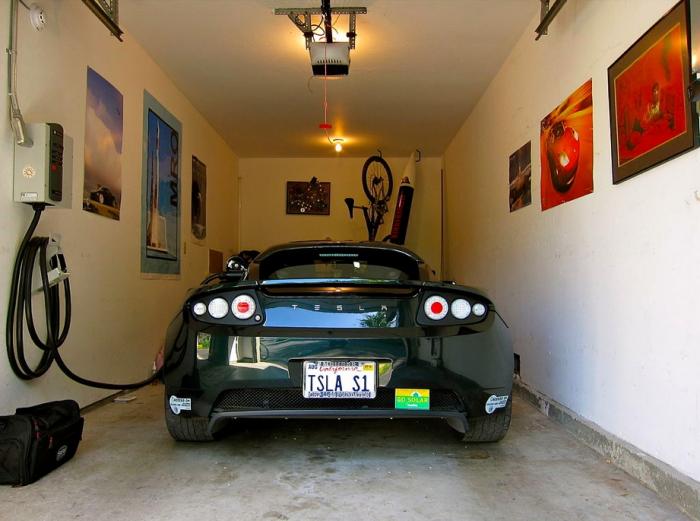Homes Need To Be Prewired Electric Vehicle Adoption
- 02/06/2015
- Transport
- Posted by Tessa Romarez
- Leave your thoughts
The adoption of electric cars within U.S has been slow to increase in popularity due to the cost of such vehicles as well as the lack of infrastructure needed to maintain them. The city of Palo Alto, located in California has adopted a plan of action with regards to having homes prewired for their convenience of charging all electric vehicles.
The city envisions that such regulations will save on costs for homeowners (as well as speed up the development of lacking infrastructure) by requiring each newly private residence construction to be prewired for the ease of EV charging stations.
For America to achieve its dream of one-of-a kind eco-friendly communities and cities, those taking part in green and clean construction must think out of the box in order to get started. Visions of what type of future they want must focus on providing the correct infrastructure that will aid in living a greener lifestyle concerning both home and office.
The council of Palo Alto has already passed a new ordinance that has altered the existing building code in order to include a residential prewired electric vehicle charging requirement within all new homes. The decision by the council united in the fact that each and every member supported such an outcome. The goal of this regulation is to save on costs for homeowners.
This ordinance stipulate that new residences have to be ready in order to be able to accommodate 240-Volt Level 2 charging stations. Such stipulations are part of a wider effort for the city to cut-down on the various permitting processes needed when installing a charger within a private residence or even a business building.
As Palo Alto Mayor Greg Scharff stated to the San Jose Mercury News: “Palo Alto officials say it is more difficult and costly to add wiring for an electric-car charging station after a house is built than to prewire a new home,” (when the necessary wiring is included at the time of construction), “the cost is often under $200 for a new home, or four times less than what it runs to install a charger at an existing home.”

